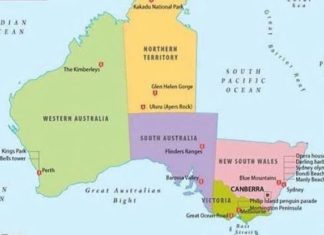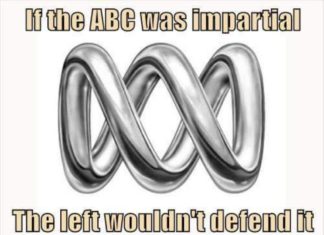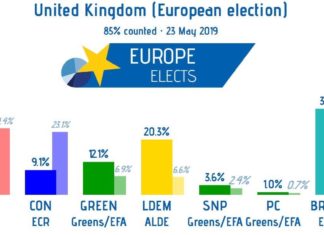XYZ Live #70 – Catch-ups with the Australian Protectionist Party
Last night Bradly from the Australian Protectionist Party joined us for a chat to analyse the results of the Australian election. Now that that...
Pakistan beat Pakistan at World Cup
An English side that was refreshingly 9/11ths British lost last night in a World Cup upset to Pakistan.
The hit & giggle fake version of...
Aussie Police announce FOOLPROOF Plan to END CRIME Forever!
Australian Police, under the guidance of Premier Daniel Andrews, have it all figured out, they know exactly how to stop crime in its tracks...
Lefty Media BLAMES Election loss on FAAH-R1IIGHT Memes!
The Australian Election is over and the excuses for Labor’s loss keep flowing, this time the media are blaming the faaaah-riiight for daring to...
Why Leftards Hate Queensland
As the leftards reeled with frustration and anguish after losing the federal election to the fully cucked conservatives they began to look around for...
The Uncuckables: Ep. 12 Fashtag Warning
Last night we warmed up by shitposting about all the innocuous symbols the so called faaaaar rrrrrrrrright has appropriated. For example:
lol
Matty happened across some...
Contact The ABC
Captain Logos
Have a problem with the ABC's reporting on a certain issue? Why not just contact the journalist directly and give them the facts...
Foreign agitators in the UK elections
The remainers in the UK are presently hard at it attempting to convince everyone that the recent EU election result is actually in their...
Married at First Sight to the A|t-R1ght – Analysing ABC Narratives
ABC Australia recently sat down with two former “members” of the “faarrrrr-r11ghhtt” to get their confession. They dared to express wrongthink in public once...
XYZ Live #69 – FAAAARRR-RIIIIGHT Sweeps Europe and More Leftist Tears
Thank you to everybody who tuned in to last night's XYZ livestream, next week we will be back to our usual Monday night at...
















